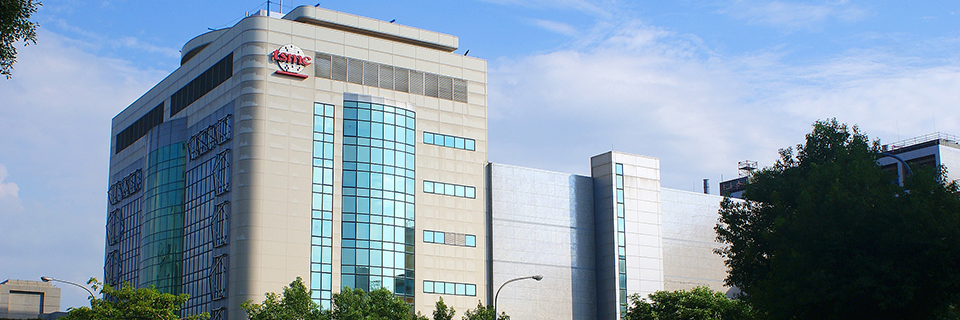According to a report by Wealth Magazine, U.S. President Donald Trump's reciprocal tariff policies have created significant uncertainty for industries. To mitigate the impact of tariffs, an increasing number of companies are storing imported goods in foreign trade zones (FTZs). Though under the supervision of U.S. Customs and Border Protection (CBP), these zones are considered "outside U.S. territory" for tariff purposes, allowing goods to avoid duty payments temporarily.
Information from the CBP website indicates that foreign goods stored in FTZs are exempt from U.S. tariffs. However, once goods exit the FTZ and enter the U.S. market, the tariffs must be paid.
effrey J. Tafel, President of the National Association of Foreign-Trade Zones (NAFTZ), stated in an interview with CNBC that during the 2024 presidential election, the association noticed signs of increased membership and a continued rise in registrations.
Login to see the whole story
For business consultation, please contact us








